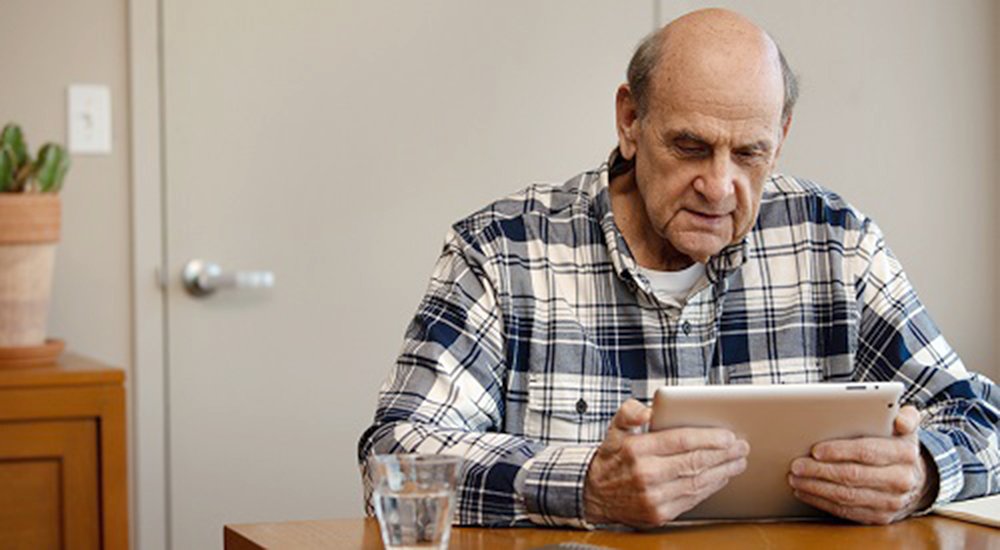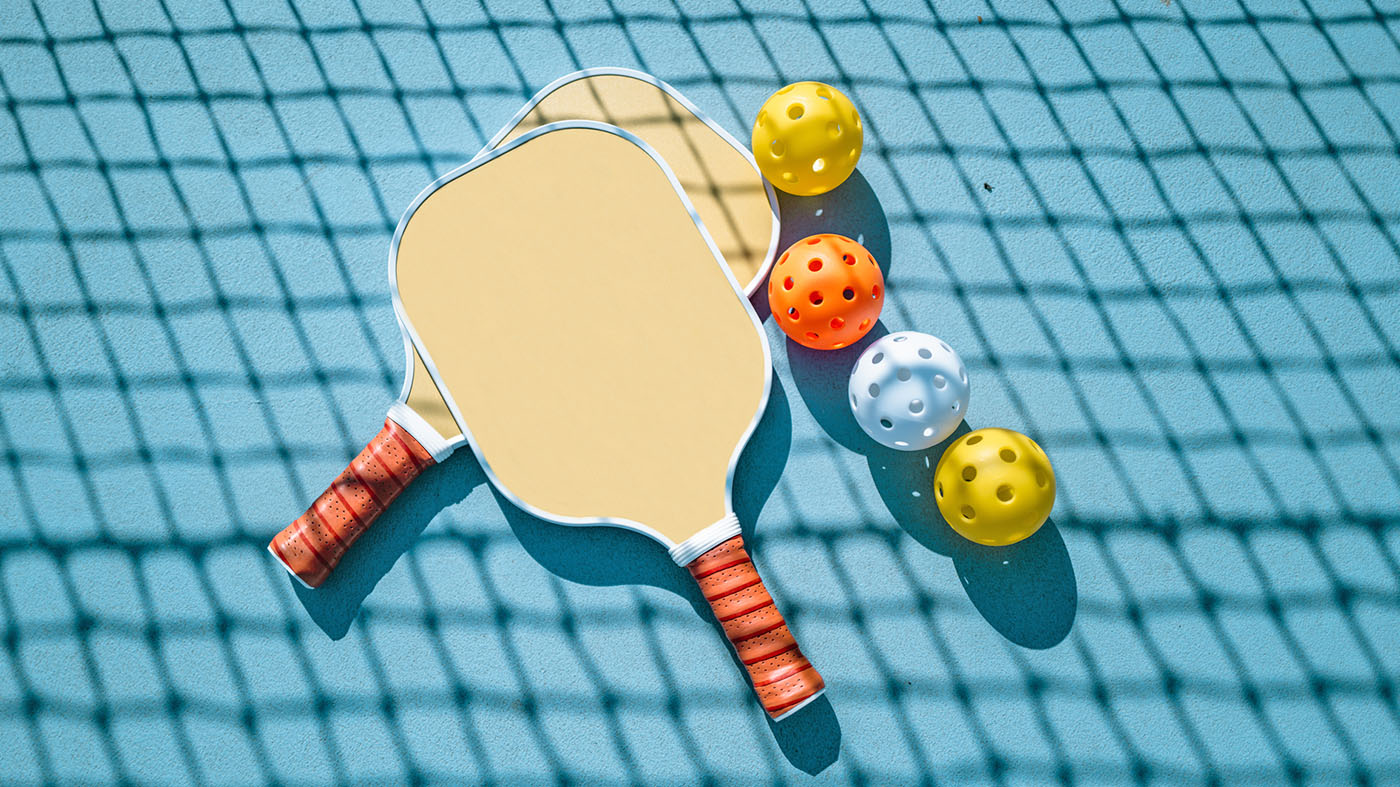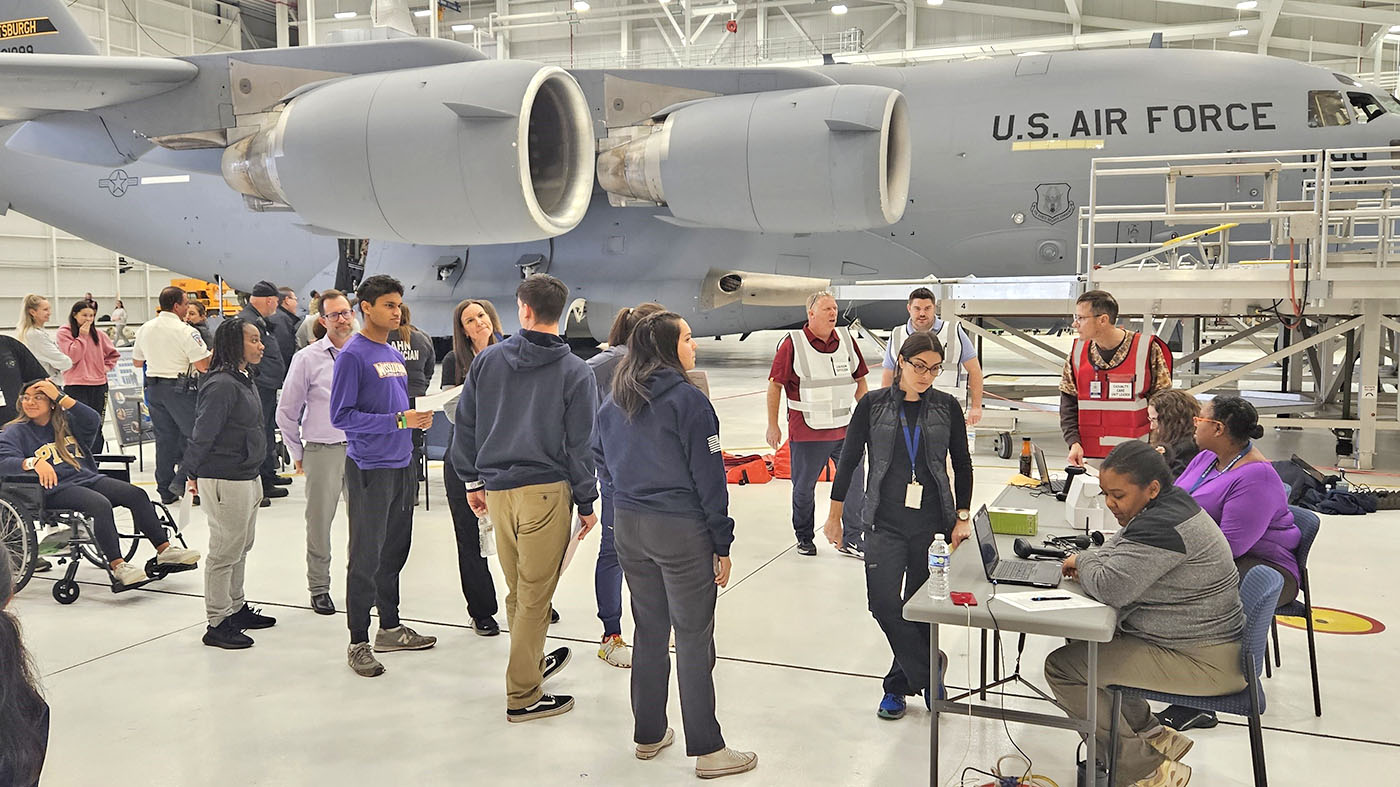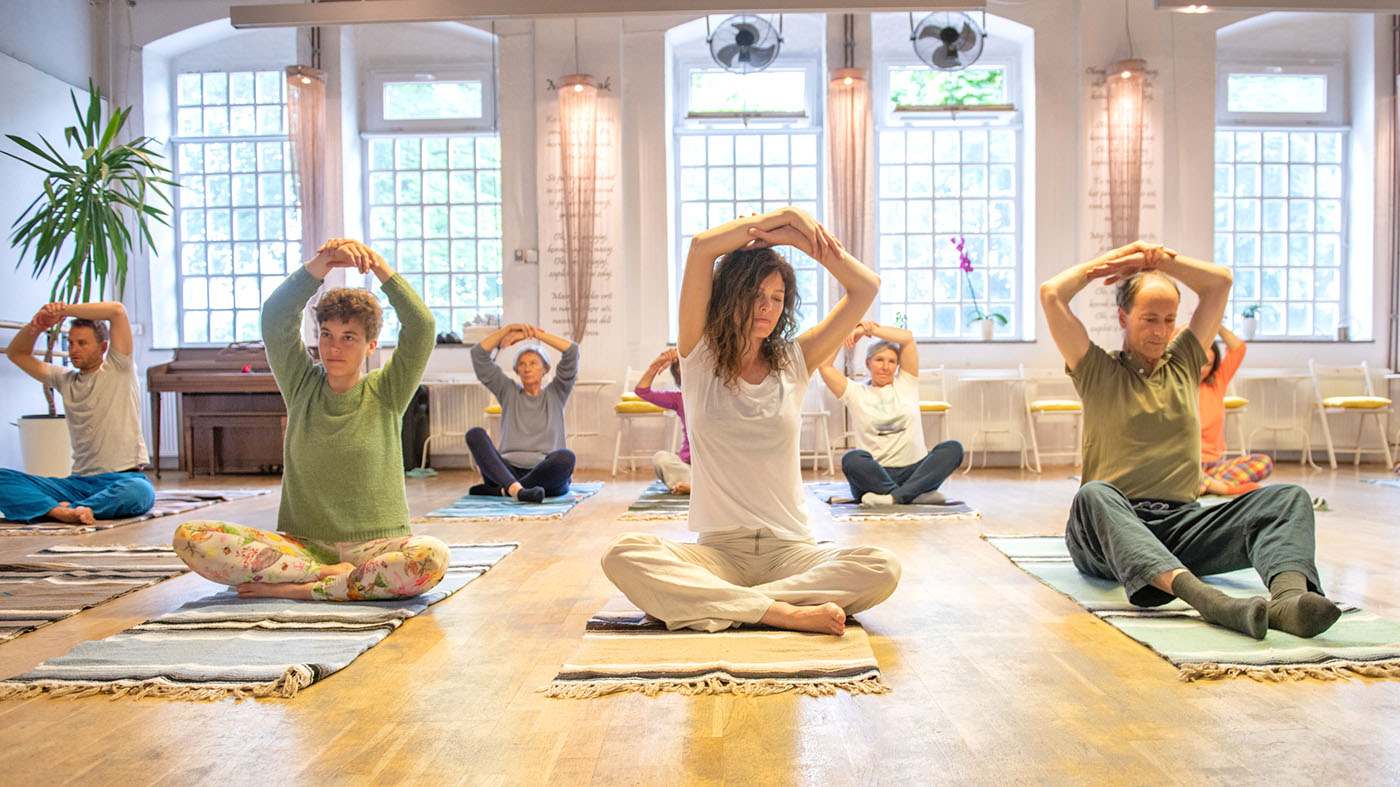Life can be difficult regardless of a global pandemic. VA offers a variety of mental health treatment options for Veterans, including in-person care at VA and community facilities and telemental health services. For many Veterans, telemental health may be the most accessible and convenient option for care.
“The pandemic has led to a dramatic acceleration in the improvement of technologies supporting telemedicine,” according to Dr. Karen Krinsley, Trauma Recovery Section co-chief at VA Boston. “Although many clinicians had begun to offer individual mental health services virtually if requested by the patient, we quickly pivoted to offering nearly all services virtually, including transitioning to virtual group therapy.”
Telemental health services usually involve real-time, interactive video visits that occur from home, at a local clinic, or in a medical center. Telemental services available include evaluations, individual and group therapy, couples and family therapy, treatment planning, and medication management. In Fiscal Year 2020, VA provided telemental health services to nearly 550,000 Veterans during more than 2.4 million visits.
Throughout 2020, over 35,000 Veterans were treated through about 268,000 community care telemental health visits. Psychotherapy services were the vast majority of visits, and the main diagnoses were anxiety and mood disorders, especially PTSD.
Accessing telemental health services
If you qualify to receive VA care and live in one of the 50 U.S. states or a U.S. territory, telehealth may be a good option to consider. This includes telemental health services through VA or a local community provider. Ask your provider about telemental health services – he/she can find out what options are available for you.
Whole Health
In addition to accessing telemental health services, check out the VA Whole Health program, our cutting-edge approach to care that supports your health and well-being. Get started by having a conversation with your health team about your needs and priorities. VA staff and Veteran peers will support and guide you through the personal health inventory self-assessment and help you create your personal health plan.
- Get started with Whole Health
- Whole Health Self-Care Blog Series (VAntage Point)
One Step Today
You can also take advantage of VA’s One Step Today campaign, part of Mental Health Awareness Month, and explore 10 ideas — things you can start doing today — that have helped many Veterans jump-start their recovery. Trying at least one suggestion from the list can make a difference in your health and well-being. Get started and hear stories of recovery from Veterans like you.
Veterans Crisis Line
Are you a Veteran in crisis or concerned about one? Connect with the Veterans Crisis Line to reach caring, qualified responders with the Department of Veterans Affairs. Many of them are Veterans themselves. Call 1-800-273-8255 and Press 1, send a text to 838255, or chat online.
Resources:
- Find a VA Location or Community Provider
- VA Community Care Overview and Eligibility
- VA Telehealth
- VA Whole Health Program
- An Intro on Mindfullness and Using the Personal Health Inventory Podcast
- Veterans Crisis Line
Paige Epstein and Anthony Casim are program analysts with the VHA Office of Community Care. Kendra Weaver is a senior consultant for Mental Health Clinical Operations, Office of Mental Health & Suicide Prevention.
Topics in this story
More Stories
Air Force Veteran Shireta Jones overcomes obstacles with support from VA and adaptive devices to continue her passion for pickleball.
Pittsburgh VA and its partners practice relocating hospitalized patients during disasters and public health emergencies.
VA and Veterans Yoga Project are working together to make more Veterans aware of the benefits of yoga while offering more classes.







Try saying something like, “I’m here for you,” “I’m here to listen,” or “I’ll stay with you.” 2. “It’s not a big deal.” Most people with anxiety know that some of their thoughts are irrational and out of proportion to the situation at hand, at least in their quiet, non-anxious moments.
You feel lost , alone and no one to turn to for answers, have major ringing in ears , high blood pressure, neuropathy real bad , have a pacemaker that my heart is dependent upon, 11 surgeries on my knees with both being replaced , been diagnosed with ptsd by independent mental evaluation , and most recently spine surgery c3 – c7 , and have diabetes type 2 , diagnosed with depression and anxiety…. Have a hard time being around people in general and always expect the worst and trust no one except my wife and two dogs . All of the fore mentioned issues are all documented in my civilian medical records , I’ve requested help only after my wife endlessly prodding me to get help because of my actions and anger issues….. the result of my mini stroke has left me without a lot of my memories of dates and times but have a lot of awards and decorations from everywhere I’ve been and accomplished so am able to provide proof of my locations and time periods…. Went to dav to put paperwork together then covin happened and feel the paperwork was either put in wrong or something cause been approved for tinnitus but not on the other supposedly due to lack of more evidence??? What short of a bucket of blood do I have to provide to prove all this and the reasons why , and who do I contact cause I’m lost and don’t know who to talk with to help me get paperwork sent in correctly I’m at my last attempt to get help … not too long ago my father ( a 2 tour Vietnam vet) took his own life with a 25cal behind the ear even though he repeatedly asked for help he was 100% and in a lot of pain , I spent 10 years in reg army and ets’ed after desert storm ….any advice from my fellow brothers and sisters at arms ?
My question is; If the VA recognizes mental health is an issue, than why is it NOT recognized as a condition that a veteran needs assistance with by their caretaker?
It’s about time that the VA change their hierarchy and institute boards that will be part of the decision making. Too many Vets are missing services because there is no local input or accountability. Actually there are professionals in communities that would relish assisting veterans as an active board member. In this manner decisions would be more reflective on the needs if ALL veterans, rather than the selection of the hierarchy and their minions. It’s time for a change!
Margie High
Wife of a Vietnam Veteran
I have had PTSD since 1976.Since I was almost killed twice.And attempted suicide 3 times.I got hooked on drugs and alcohol for years,but with the help of my higher power and the VA mental health people.i have been clean and sober 14 years.And just retired from the VA,after receiving my 100% Service Connected for PTSD.
If it matters so much why torture vets with consistent re evaluations? Were just a number to you mental health is no concern nor is homeless vets.
Well we Do matter to individual doctors and nurses. But the VA’s bottom line is always about money; have you ever noticed the countries where our generic meds are made? Or noticed how many promised benefits that Retired Veterans have lost or had minimized? The republicons use Veterans as cannon fodder for the wars they create to line their own pockets, and then only pay lip service to caring for us afterwards. All the while we make for great campaign photo ops, another disrespectful use of Veterans.
Who does one contact at Manchester NH VA when mental health counselor is a no-show for the second time?
You can start with the Patient Advocate or go to the Veteran’s Experience Office.
Thanks. We’ll try those.
It’s telling if you don’t receive a reply soon. I hope you’re not talking to the wall.